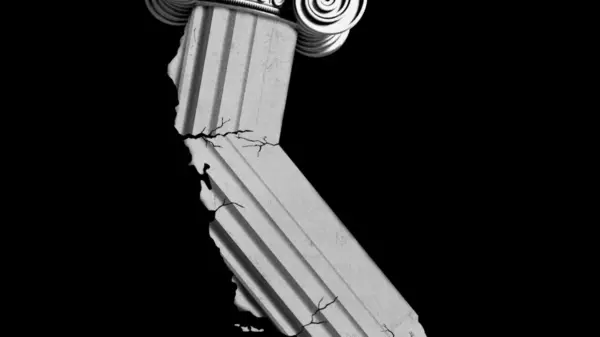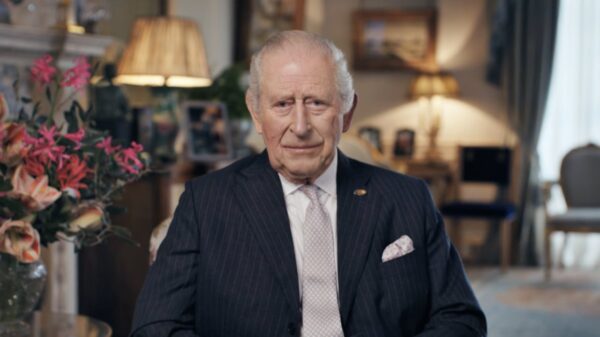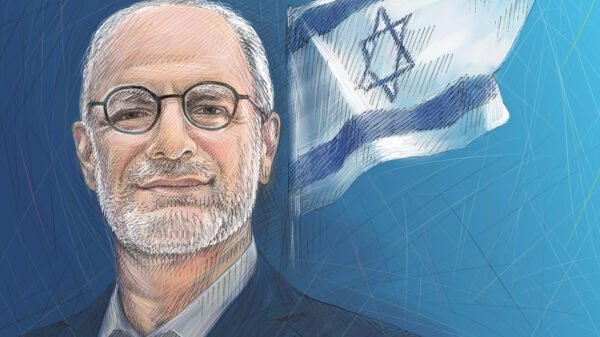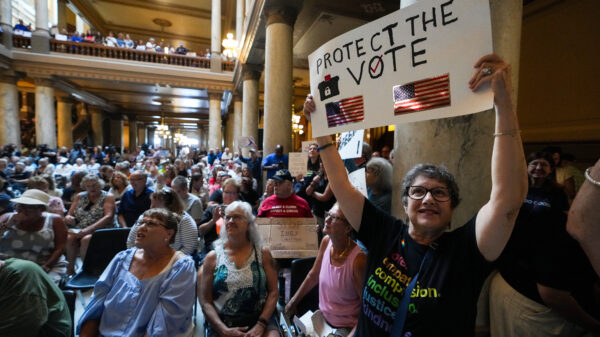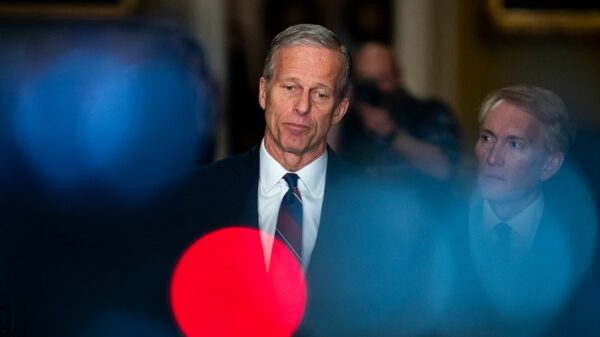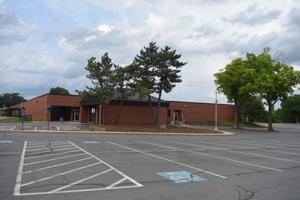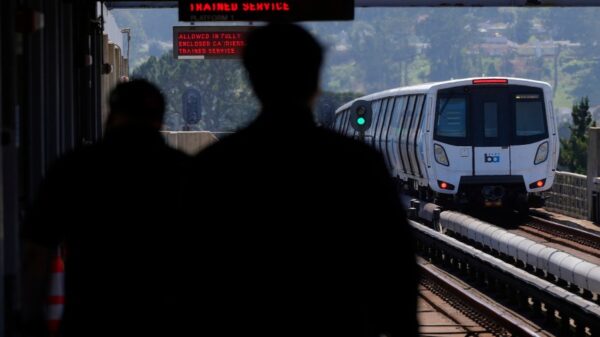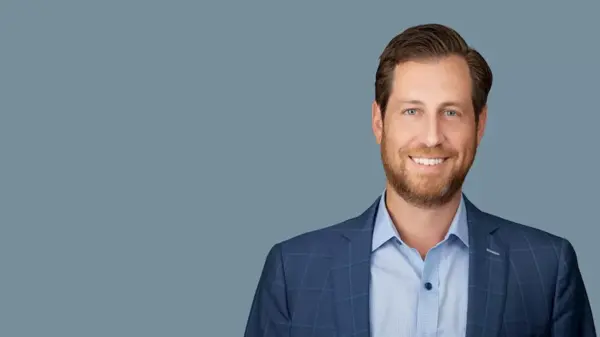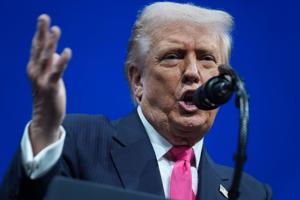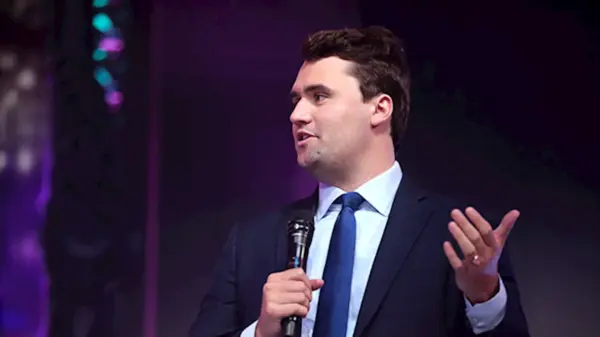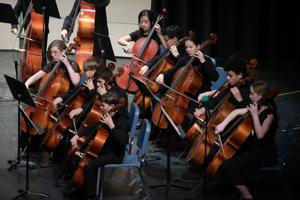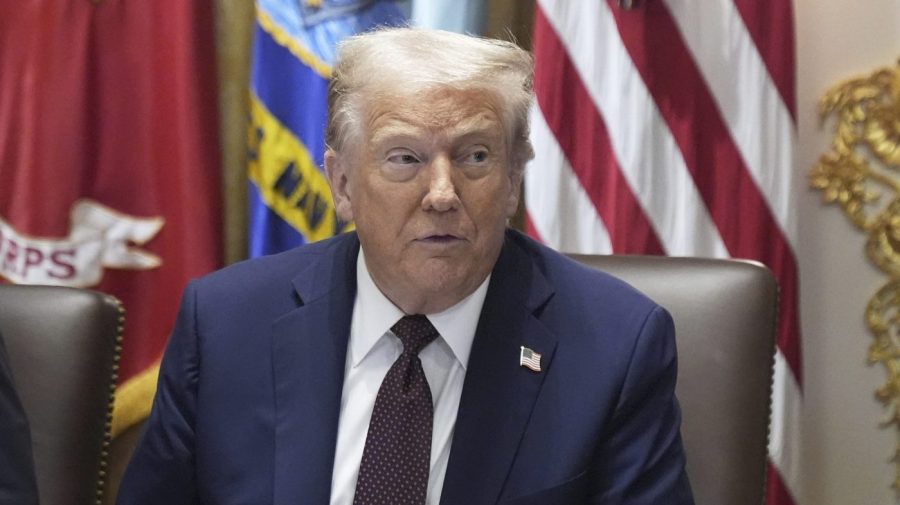The fifth annual National Conservatism Conference commenced on September 2, 2024, in Washington D.C., presenting a platform for conservative leaders to discuss their evolving ideologies and policy directions. This gathering has garnered significant attention as it explores the principles of national conservatism, a movement that has taken hold among right-leaning factions, particularly during the second term of the Trump administration.
Unlike more vibrant and youth-centric events such as the Conservative Political Action Conference, this conference focuses on the intellectual underpinnings of nationalism within conservatism. Rachel Bovard, vice president of programs at the Conservative Partnership Institute, noted, “I do think that NatCon represents the conservative movement at this point,” highlighting the influence of speakers from previous conferences who now occupy key positions in the Trump administration.
This year’s discussions are set to address significant issues, including a proposed session titled “Overturn Obergefell,” which will challenge the 2015 Supreme Court decision that legalized same-sex marriage nationwide. Scheduled for September 3, the session is expected to draw considerable interest, signaling a clear agenda for the conference.
Amid broader agreement within the national conservatism sphere on immigration policies advocating for stricter regulations, divisions remain evident regarding technology and foreign policy. Anna Wellisz, president of the Edmund Burke Foundation that organizes the conference, emphasized the contrasting views on technology. Some attendees express enthusiastic support for advancements like artificial intelligence, while others worry about their implications for family life and privacy. The breakout session titled “AI and the American Soul,” taking place on September 2, will delve into these concerns.
Key speakers at this year’s conference include prominent figures such as Tulsi Gabbard, Director of National Intelligence; Russell Vought, Director of the Office of Management and Budget; and Senator Jim Banks (R-Ind.). Their presence underscores the conference’s significance in shaping current and future conservative policies.
Wellisz articulated the essence of national conservatism, stating, “It’s simply conservatism — and national, because conservatism is attached to a place, a people.” This perspective aims to ground conservative principles in national identity rather than abstract ideals, reinforcing a localized approach to governance and culture.
The conference has also become a breeding ground for actionable policies. For instance, Vice President J.D. Vance previously labeled universities as adversaries to conservative values, a notion that aligns with the current administration’s aggressive stance against educational institutions. Recent legislation has increased taxes on university endowments, reflecting the conference’s influence on tangible policy changes.
The principles of national conservatism, articulated in a statement endorsed by notable figures such as Charlie Kirk and Peter Thiel, advocate for immigration restrictions, strong national government intervention in law enforcement, and the promotion of religious values in public life. This has prompted a counter-movement among traditional conservatives who emphasize individual liberty and free-market principles, as seen in the Freedom Conservatism initiative led by Avik Roy.
The intellectual debates at the National Conservatism Conference indicate a shift in the conservative landscape, reflecting a stark departure from pre-Trump ideologies. The emergence of national conservatism as a dominant force is reshaping the right, and its implications are being closely monitored not only by political analysts but also by the broader public.
As the conference continues through September 4, the discussions and debates among attendees will undoubtedly contribute to the ideological evolution of the American conservative movement. Observers will be keen to see how these conversations will translate into policy and influence the upcoming electoral landscape.



